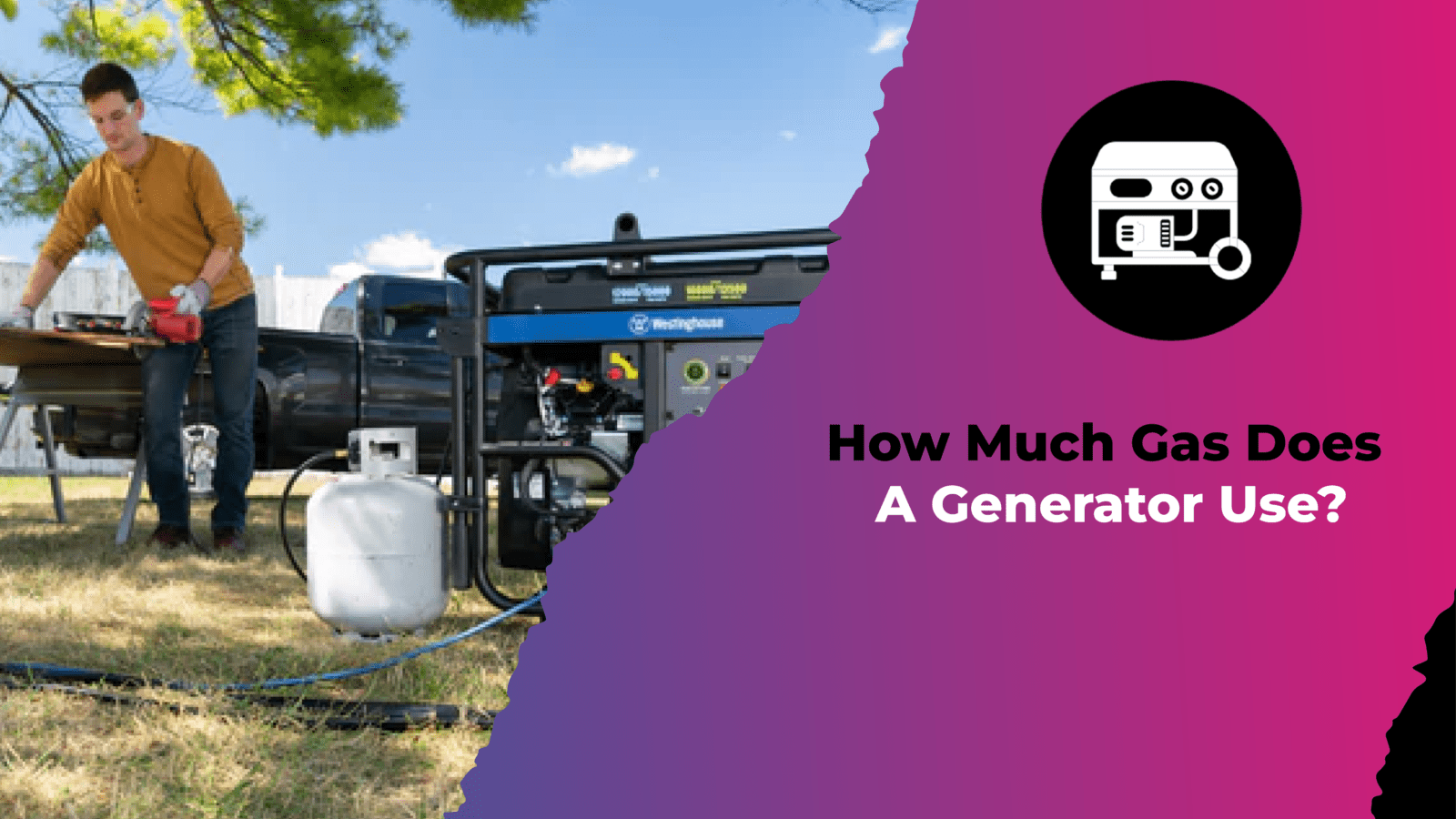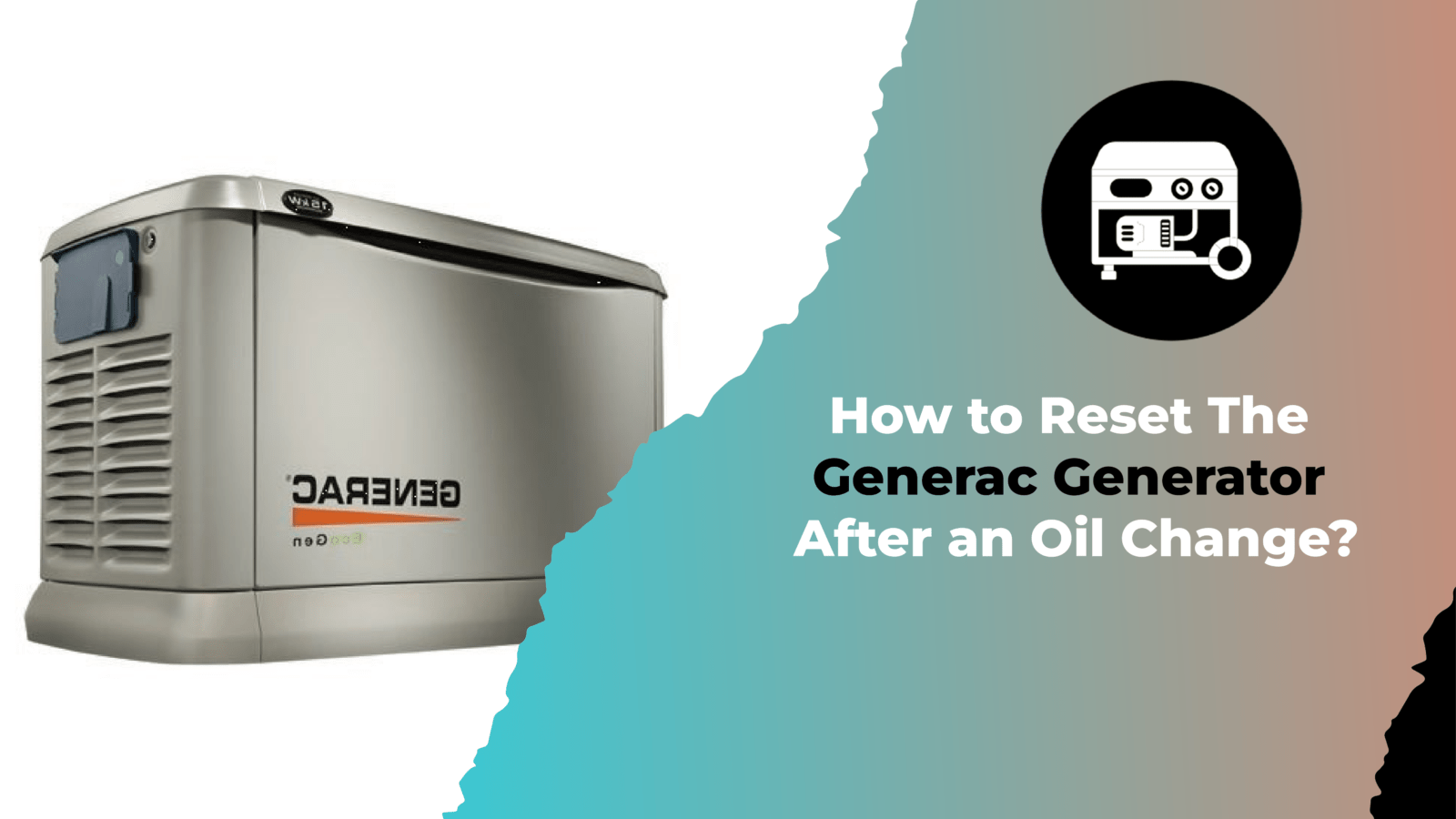Natural disasters and catastrophes may occur at any time of year. Having a generator on hand is vital for protecting oneself against a sudden loss of electricity. However, in order to keep your house operating, you must pay close attention to the fuel that runs your generator.
Do you want to know how much gas a generator consumes? This is one of the most often asked questions by both homeowners and RV owners. When deciding on an alternative energy source, it is critical to consider generator natural gas usage, fuel consumption rates, and expenses.
In this article, we’ll go over everything you need to know about generators and how much fuel they’ll require. Let us have a look!
How Much Gas Does a Generator Use?
The amount of gas consumed by a generator is determined by numerous variables. These include the sort of generator you have, the type of fuel you use, and the load. All of these factors have an impact on how much gas your generator needs to function.
How Much Natural Gas Does A Generator Use Per Hour?
The amount of gas consumed by your generator per hour is heavily dependent on the fuel type and load. If your generator is trying to power many appliances, it will rapidly run out of gas.
The cost of running a generator on natural gas ranges from $0.02 to $2.41 per hour (1,000W 25 percent load generator to 30,000W 100 percent load, respectively). It will use between 1.86 ft3 and 222.90 ft3 of natural gas per hour.

What kind of gas does a generator use?
With the exception of the inverter generator, which utilizes an engine and an alternator to generate alternating current (AC), most generators use one of four fuels:
Propane
One of the most adaptable fuels, propane is suitable for all sorts of houses and is especially suitable for generators located in rural places where other forms of fuel may be difficult to get.
Diesel
Diesel generators burn fuel slowly, which saves money, but there are certain environmental disadvantages to using diesel. Diesel fuel emits more pollutants than other fuel alternatives, which may make it difficult to meet EPA guidelines.
Natural gas
Natural gas-powered generators are slightly cleaner than diesel, but not fully eco-friendly. Natural gas generators are ideal for everyone who has natural gas pipes in their house; otherwise, onsite storage is difficult. Natural gas is also known to cause generator start times to be delayed, resulting in occasional pauses in operations.
Gasoline
Gas generators are frequently less expensive to acquire than other kinds, making them suitable for a wide range of homes. However, gasoline-powered generators must be refueled on a regular basis, and gasoline isn’t always simple to come by in an emergency.
Consider bi-fuel or tri-fuel generators that run on gasoline or liquid propane (or natural gas for a tri-fuel.)
Is There A Portable Generator That Runs On Natural Gas?
This generator is one of the most adaptable on the market due to its capacity to run on three different types of fuel. Champion Power Equipment debuts its first generator that can run on natural gas, gasoline, or propane.
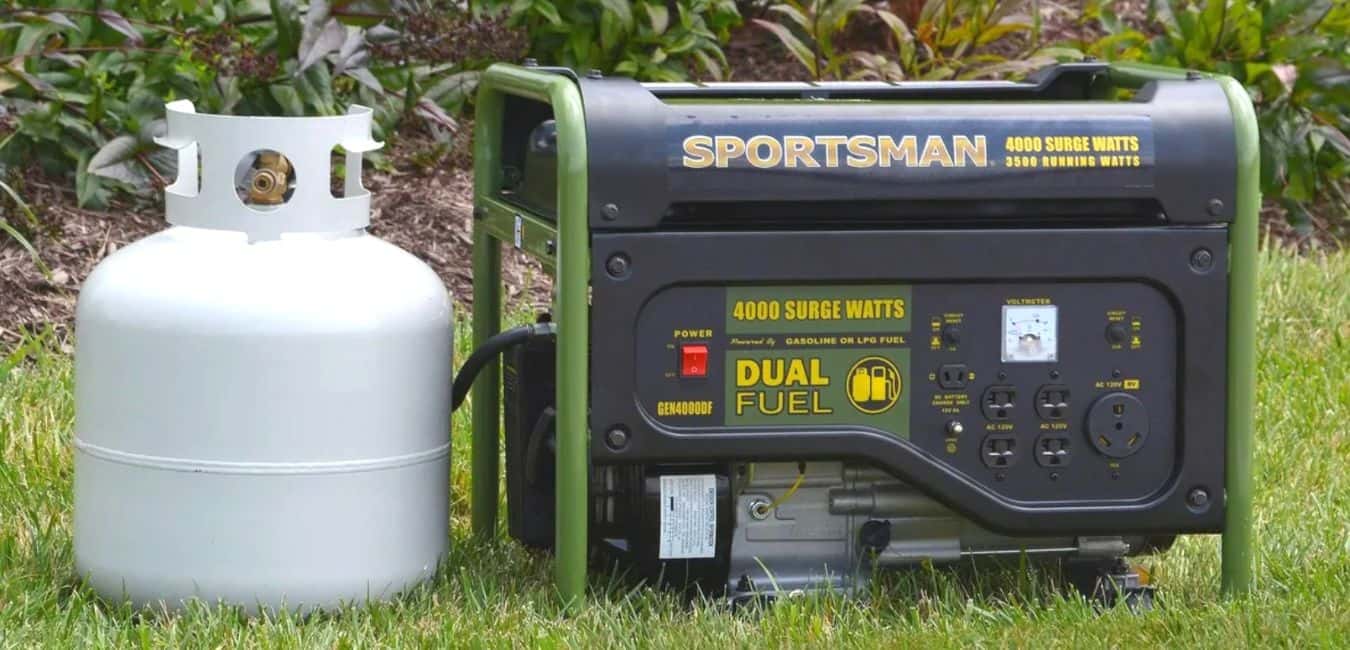
Is It Cheaper To Run A Generator On Propane?
While gas-powered generators may be less expensive initially, propane-powered generators can save you money in the long term. You’re unlikely to use your generator every day, which means you’ll be storing it most of the time. Propane is a significantly superior fuel supply in terms of shelf life.
Gas generator vs Diesel Generator
Natural Gas Generators
A natural gas generator is a popular and effective method of generating power. Natural gas may be used to power both emergency and portable generators and is recognized as one of the most cost-effective and efficient nonrenewable energy sources.
Coal is maybe the only fuel that is less expensive in terms of affordability. However, one of the most significant drawbacks of coal is that it is a major polluter.
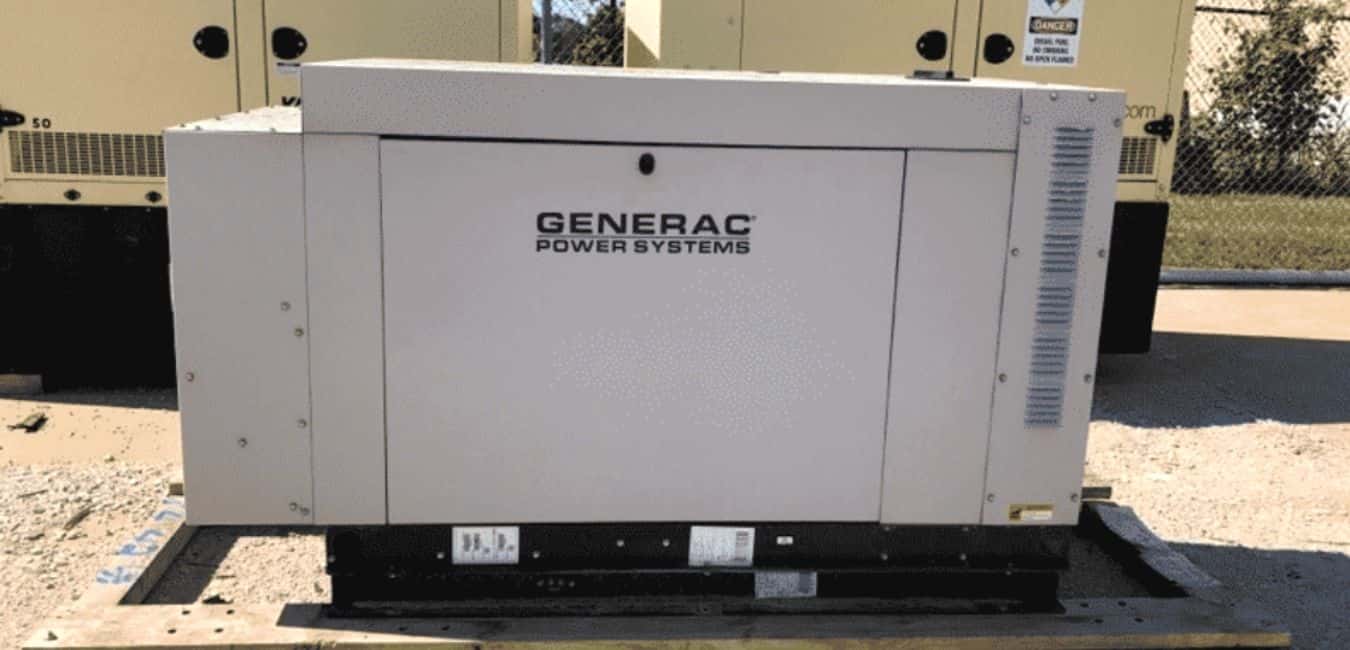
Advantages
- The three most apparent advantages of utilizing natural gas as a fuel to power your generators are that it is cleaner, less expensive than alternative nonrenewable fuels, and far more efficient.
- In comparison to oil and coal, sulfur, nitrogen, and carbon dioxide (greenhouse gas) emissions are far lower. As a result, when used, natural gas is one of the cleanest fossil fuels.
- Another benefit of natural gas generators is that they do not emit a strong odor, which is frequent in generators fueled by oil or diesel.
Disadvantages
- More expensive to operate – Produce more carbon dioxide, a greenhouse gas.
- In addition, natural gas is a finite or non-renewable energy source.
Check More: Gas Generator vs Diesel Generator
Diesel Generators
Diesel generators are power sources that run on diesel. These are generally composed of two fundamental components: a diesel engine and an electrical generator. Diesel generators can be used to power facilities that are not connected to the power grid or as a backup in the event of a power outage. Diesel generators are also employed on ships as a source of energy as well as for propulsion.
Diesel generators are often used as backup power sources in the event of a power outage. Diesel generators, which are available in single and three-phase configurations, may be utilized not only in large organizations but also in homes and small workplaces.
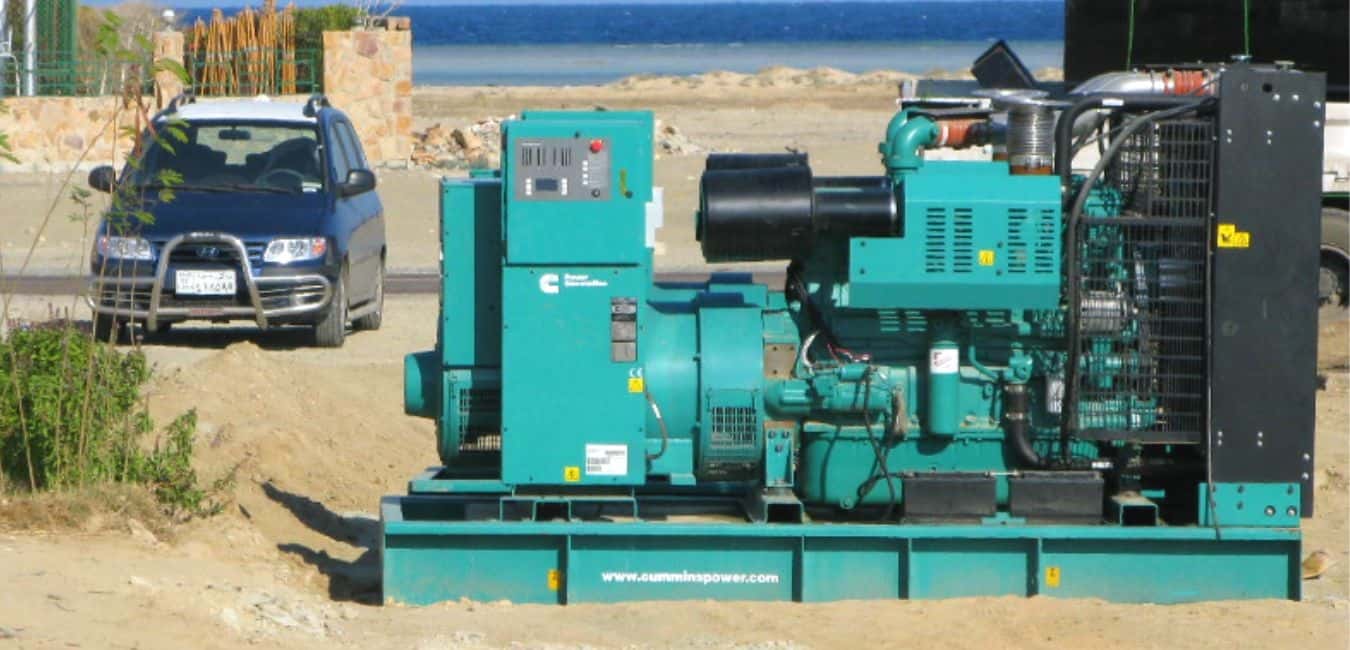
Advantages
- When compared to a gasoline-powered generator, a diesel generator is significantly more efficient for the following reasons:
- Modern diesel engines are vastly improved versions of older types that were a nuisance owing to excessive noise and demanding upkeep.
- Diesel engines are far more durable and dependable.
Disadvantages
- One important downside of a diesel generator is that it may be rather pricey when compared to other types of generators.
- Noise has long been a problem with diesel generators.
How Much Gas Does A Generator Use – FAQs
To Sum Up
So I hope I was able to assist you in determining how much gas a generator consumes. There are several variables to consider. It is important to consult the generator’s specs to determine the actual rate of gas consumption. Then you can determine if your load will burn the gas at the typical rate of consumption.


